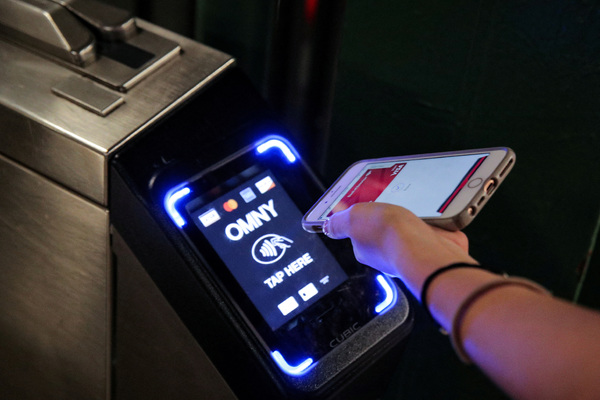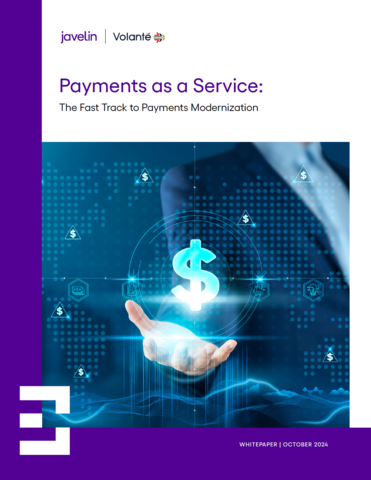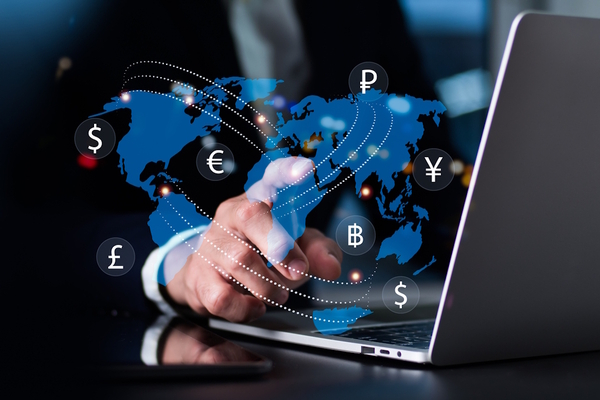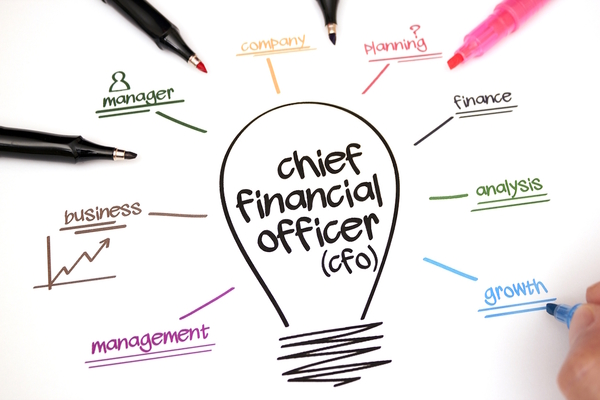The end of the card-carrying consumer?
Physical wallets are now “uncool”, reckons Gen Z. But they aren’t the only generation getting into the mobile wallet revolution because it’s convenient and secure.
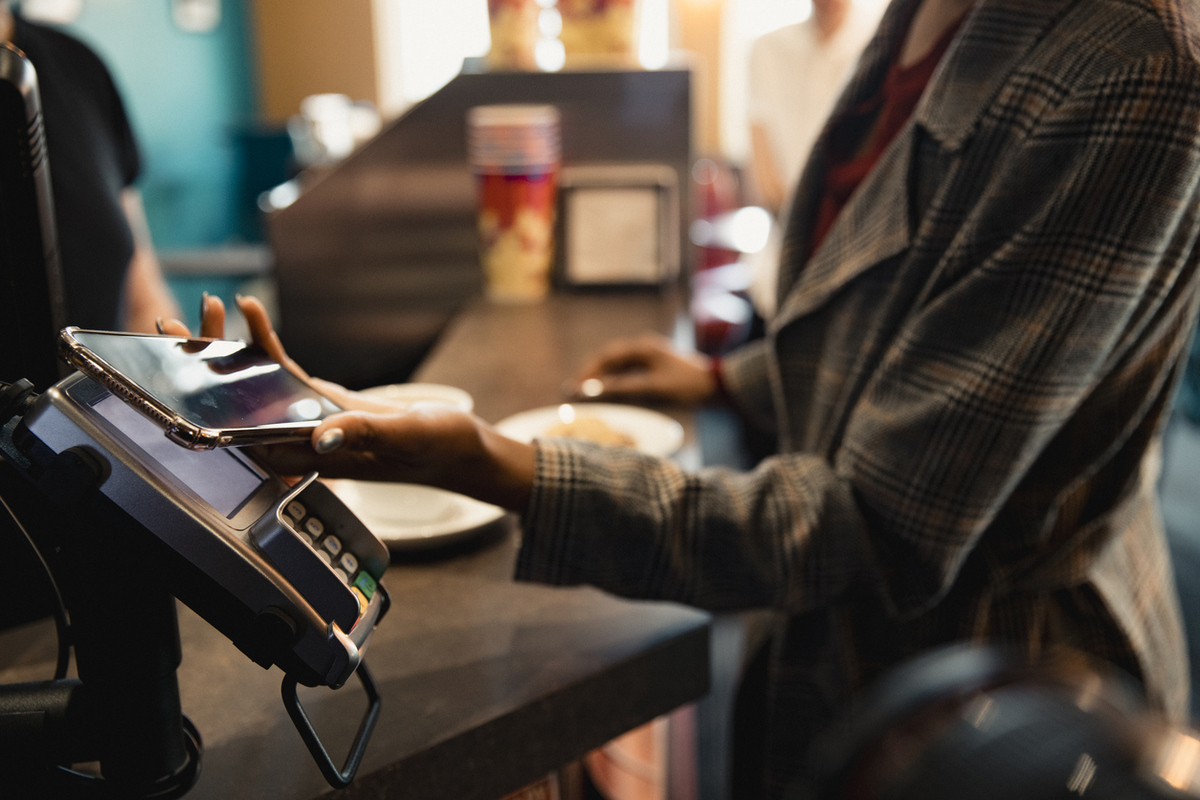
Mobile wallets – smartphone-based apps that store the user’s credit or debit card information and transmit it securely to a point-of-sale device or an online platform on payment – are becoming impressively versatile.
As a result, for those open to digital solutions, the list of critical items they need to have on them when heading out has been reduced to one: the smartphone.
Instead of stuffing banknotes or cramming loyalty cards, concert or train tickets into a leather wallet or a purse, consumers can add virtual versions to their Google, Apple or Samsung wallet – or Venmo, a new player in the US.
Although in the UK there is no general duty for citizens to carry their identity when they are out and about, in countries where there is, digital IDs can also be added to a digital wallet. In the US, 70 million Americans are currently eligible to fly domestically with a digital ID stored on their phones.
And in a virtual mobile wallet, there’s also room for items that you wouldn’t be able to cram into your real-life one.
If you have a car with a digital key, for example, that can be stored on your mobile too – and as the owner of the car, you can decide whether you want to access it when tapping your mobile against the car’s reader, or let keyless entry technology work undetected in the background while your smartphone is in your pocket.
But have smartphone users in the UK and Europe got the hang of payment with mobile wallets yet?
League tables for cash, cards and digital wallets
Although keeping your tickets or even car key in a mobile wallet can help considerably with managing your daily life, the primary function of a wallet is to hold money.
The popularity of making payments with a mobile increased sharply during the pandemic, along with contactless payments, where the UK was previously lagging behind several European countries.
In fact, Britons have become so relaxed about contactless payments that, as Carina Perkins, senior analyst covering retail and e-commerce suggests in an eMarketer podcast, this may be one of the factors that now stand in the way of higher mobile wallet adoption.
As with all switches to digital solutions, security is also an issue that stops many from leveraging mobile wallets to their full potential, although the several security layers involved in their use – tokenisation (substituting sensitive data with a non-sensitive, unexploitable equivalent ), encryption, biometric identification and two-factor authentication – make them in fact more secure than physical wallets.
Unreliable connections, especially in rural areas, is another reason why fewer shoppers in the UK are aiming to become mobile-wallet-only customers.
In Nordic countries, where the use of mobile wallets is between 83-94 per cent, government policies promoting the shift to digital payments also encourage adoption. However, the high number of mobile wallet users doesn’t necessary mean that cash is on its way out. In countries such as Finland, leapfrogging to digital payments has resulted in a hybrid stage of relatively high use of both cash and mobile wallets as opposed to cards.
Another unique feature of these markets is the presence of domestic apps offering the service. To keep the market to regional players, Danish digital payments app MobilePay and Norwegian smartphone digital payments app Vipps concluded a merger in November 2023.
However, as payments is a global arena, big tech digital wallets have a competitive advantage thanks to their scale. On the US and UK markets, where iPhones dominate, Apple has a significant edge over other big tech, as well as disruptors’ apps, with six out of ten respondents from the UK indicating they had used Apple Pay in a POS setting between April 2023 and March 2024.
Although Apple, having overtaken PayPal, is currently the leader of the pack in these countries, it will be interesting to see how its position will be affected by an antitrust investigation by the European Commission, launched in 2022.
To avoid penalties and demonstrate good faith, early in 2024 Apple committed to ending Apple Pay and Apple Wallet’s exclusive access to the iPhone’s NFC payment capabilities, by letting third-party mobile wallet and payment providers access them, and also make their alternative solutions available for iPhone users.
It also remains to be seen to what extent the UK’s Digital Markets, Competition and Consumers Act, passed on 23 May, will converge with, or diverge from, the EU’s approach.
What next for the UK?
Despite the UK’s slow start on digital wallet solutions, the outlook for the next three years is promising, according to a recent global report by Worldpay.
By 2027, digital wallets are expected to comprise half of all e-commerce spend in the United Kingdom, while their usage will more than double at UK point-of-sale, rising from 14 to 29 per cent of transaction value.
Technological advancements and improving connectivity in the UK may also work in the favour of quicker adoption, and once a critical point is reached, the network effect can also enhance uptake.
Having provided all the functions a physical wallet offers, mobile wallets are now expanding into new territories. They have become not only tools for managing bank accounts but also present an alternative to accessing financial services for those who don’t have one, enhancing global financial inclusivity.
Some mobile wallets offer digital receipts of transactions as a unique feature (PayPal); others are developin into commerce enablement platforms, offering payment method optimisation features too.
Some payments experts even see one digital payment provider eventually emerge as a dominant super app – Europe’s and the US’s answer to WeChat and Alipay.
Participants of the eMarketer podcast haven’t ruled out the integration of ChatGPT in digital wallets, either – although, unless done responsibly, that may be a double-edged sword as far as adoption is concerned. After all, not everyone will see the added value of a chatty agent with an overactive “imagination” when it comes to financial matters.

Zita Goldman
Most Viewed
Winston House, 3rd Floor, Units 306-309, 2-4 Dollis Park, London, N3 1HF
23-29 Hendon Lane, London, N3 1RT
020 8349 4363
© 2024, Lyonsdown Limited. Business Reporter® is a registered trademark of Lyonsdown Ltd. VAT registration number: 830519543
